Over the past couple of years, one thing has been made clear: the generational divide. Boomers, born between 1946 and 1964, and Millennials, born between 1981 and 1996, are two generations frequently portrayed as opposites.
Yet on issues ranging from work-life balance to social justice and environmental protection, Boomers and Millennials share more common ground than one might expect. Though separated by decades of life experiences, Boomers and Millennials can build unexpected alliances by recognizing their shared hopes, concerns, and vision for the future.
The Value of Durability
The complaint of “Nothing is built to last anymore.” Products built to last rather than be disposable are appealing to both generations. Both boomers and millennials see the value in durability for different reasons.
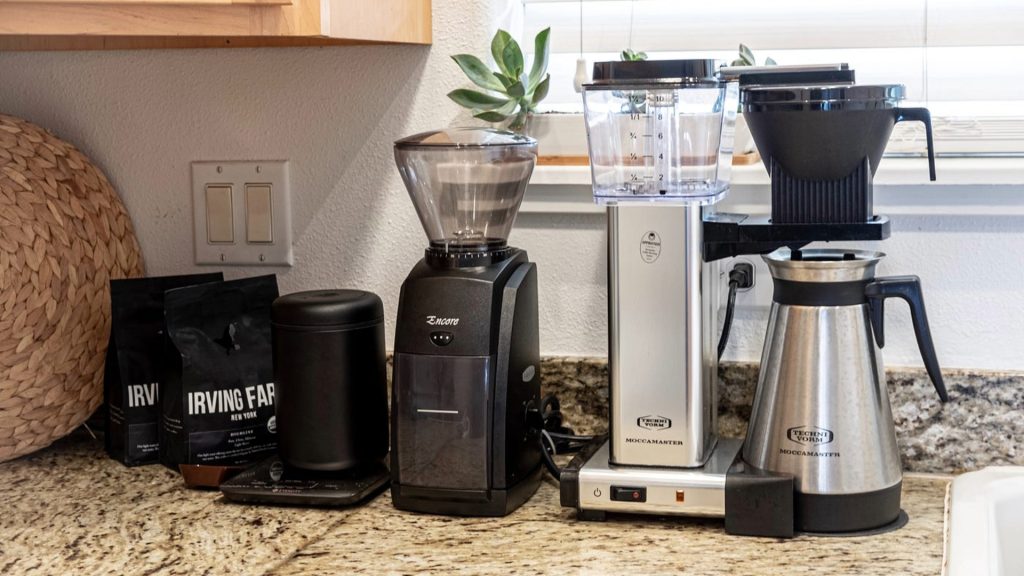
For boomers, durability evokes nostalgia for a simpler time. For millennials, durability aligns with their values of environmentalism and reducing waste. The result, however, is the same: a preference for products built to stand the test of time.
Tips Should Be Earned
Tipping has become an expectation rather than earned in today’s service industry. Baby Boomers and Millennials believe gratuity should only be provided for good service, not mediocre or poor service.

Rather than an obligation, tipping should be a way for customers to show appreciation for good service. When tipping becomes compulsory, it loses meaning and fails to incentivize employees to provide high-quality service. A tip should feel like a bonus, not a surcharge.
The Park is Not a Concert Ground
The local park is a public space where people enjoy nature and outdoor recreation. It should not be treated as an impromptu concert venue for playing loud music. Both baby boomers and millennials agree that blaring music in public areas is inconsiderate.

Parks are meant to be a reprieve from the noises of everyday life. Many visitors go there seeking peace and quiet to walk, read, sit, and reflect. Loud music disrupts this experience and can annoy those trying to enjoy the sounds of nature. It also disturbs local wildlife that inhabits the park.
The Joy of Tactile Experiences From Real Keyboards
Both Baby Boomers and Millennials can appreciate the satisfying tactility of physical keyboards. Keyboards provide a familiar and comforting interface for Boomers, who transitioned from typewriters to computers.

Millennials, while adept with touchscreens, recognize that keyboards offer unparalleled precision and speed for typing. Physical keyboards provide sensory feedback that enhances the experience of typing. Clicking keys and resistance under fingertips gives the user confidence that their inputs have registered.
Phone Etiquette is Not Rocket Science
Phone etiquette is not difficult to grasp, yet many seem to struggle with the basics. Both Baby Boomers and Millennials understand that the inability to disconnect has made poor phone manners commonplace.

Millennials have grown up with mobile devices constantly at hand, making some feel that any time is acceptable for taking or making a call. However, even the most tech-savvy generation comprehends that certain situations demand one’s full attention without distraction.
No Blinding Headlights
There is no point in going home blind, so it is only reasonable that everyone on the road respects this. Boomers and millennials agree headlights were meant to illuminate roads and not blind other road users.

Aftermarket LED and high-intensity discharge (HID) headlight kits are often to blame, as they can produce a harsh blue-white light up to three times brighter than standard halogen bulbs. While proponents argue that these headlights improve visibility, their glare outweighs any benefits and introduces risks for others.
Face to Face Gossip is The Best
While technology has enabled constant digital communication and social media provides platforms for sharing life events with friends and family, face-to-face social interaction remains superior for gossiping and bonding. Baby Boomers and Millennials value in-person meetups for candid chats and juicy updates.

Millennials crave authentic social interaction and intimate friendships despite their reputation for overly relying on technology. They recognize that gossiping with friends in person allows for reading body language and facial expressions, picking up on subtle cues that would be missed via text or phone calls.
Touchscreens Installed in Cars Are Overrated
Touchscreen interfaces in vehicles are touted as providing advanced functionality and a high-tech user experience. However, many drivers of all ages find these systems overrated, distracting, and unnecessary.
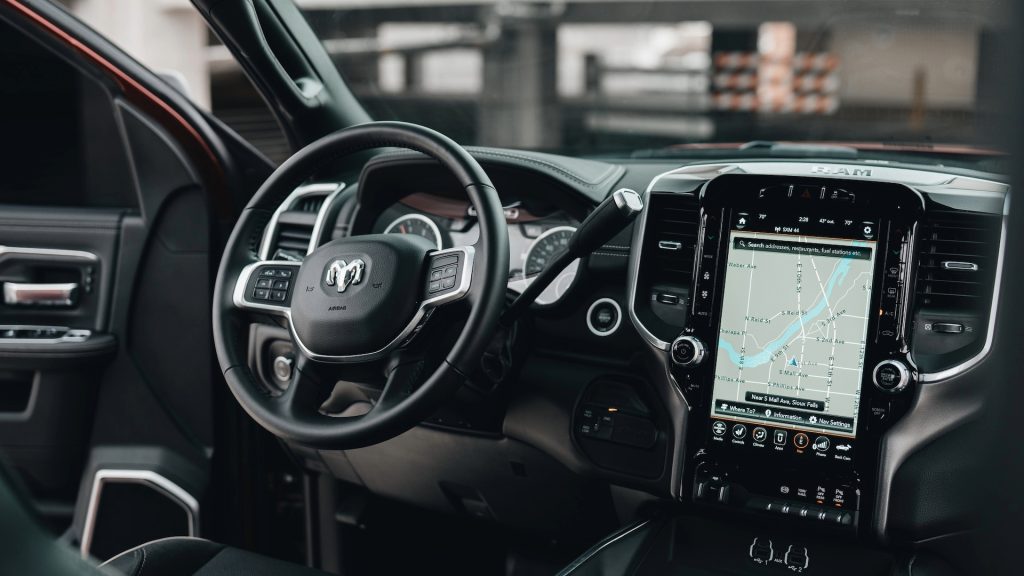
The complexity of touchscreen menus and options can also be frustrating and time-consuming. Simple actions like adjusting the vehicle’s temperature settings may require tapping through multiple menus and screens.
Smart Devices are Creepy, Not Smart
Smart devices, while innovative, raise privacy concerns for both Boomers and Millennials. According to surveys, most Americans think smart speakers like Amazon Echo are “creepy” rather than helpful.
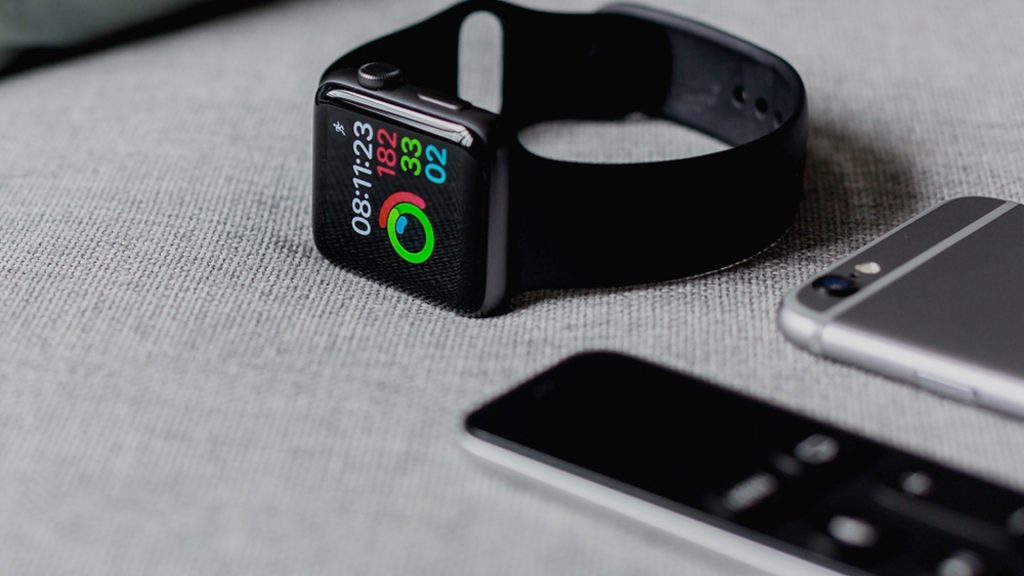
Smart device hype promotes them as futuristic and intelligent. In reality, they have narrow capabilities and limited common sense. Boomers argue that no device can match human wisdom and intuition. Millennials, eager to adopt new technology, have also realized that smart devices are not as intelligent as advertised.
Subscription Fees are Drowning
Subscription services have become ubiquitous, with companies offering monthly fees for everything from streaming media to meal kits to beauty products. While convenient, the sheer number of options overwhelms both Boomers and Millennials.
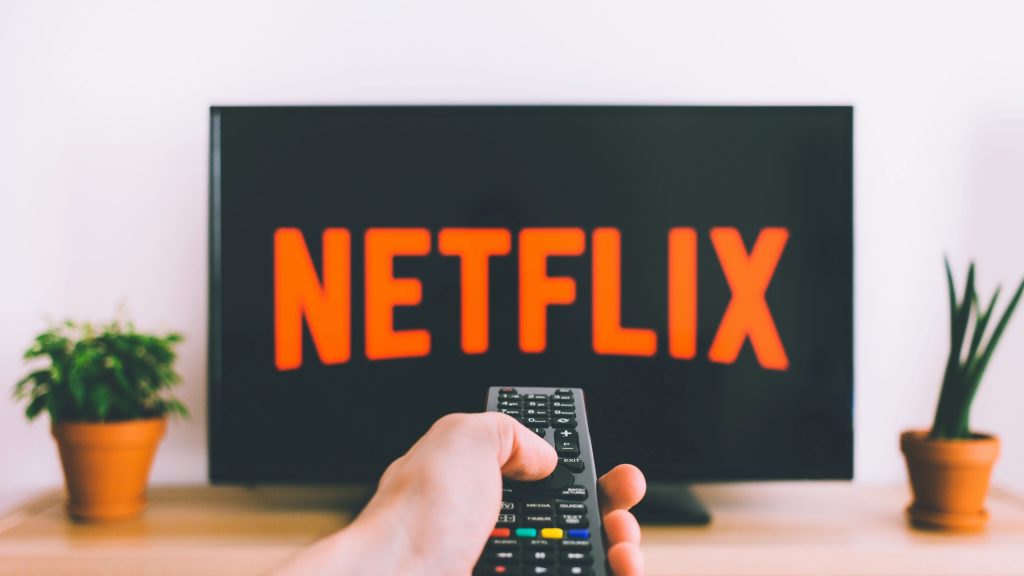
Rather than simplifying their lives, many subscriptions complicate them. Cancellation is notoriously difficult, requiring navigating automated menus or arguing with customer service representatives. Some continue charging after cancellation or make resubscribing nearly impossible.
Bars Should Not Be Loud
Bars and other public venues should refrain from playing music at an excessively high volume. Baby Boomers and Millennials agree that extremely loud music in bars and restaurants makes conversation difficult and detracts from the overall experience.

Venue owners should recognize that many of their clientele, spanning multiple generations, prefer a more balanced approach to background music. Keeping music at a moderate level, which can still be enjoyed but does not override all other sounds, is conducive to a positive customer experience, longer stays, and repeat business.
Turn Up TV Brightness
Both Baby Boomers and Millennials can agree on turning up the brightness on televisions. Television shows today are often filmed in dim lighting, making it difficult for viewers to discern details on the screen.
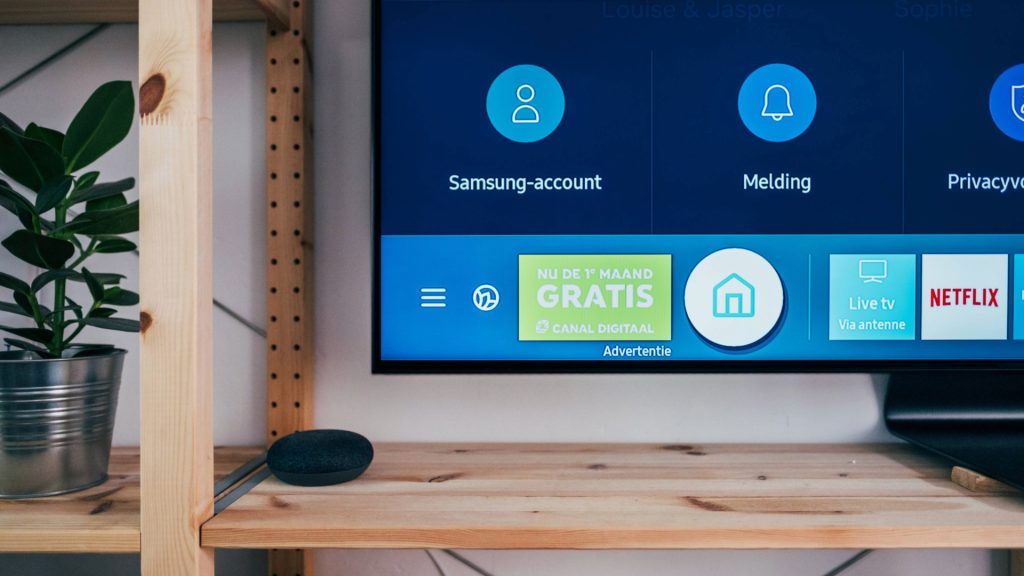
Increased brightness allows for a more enjoyable viewing experience as audiences can see characters, settings, and action sequences. Not having to strain to perceive the images on the screen prevents eye fatigue and frustration.
Phone Detox is a Must
Phone overuse is an issue that transcends generational divides. Both Baby Boomers and Millennials agree that excessive phone use can be detrimental. According to surveys, most Boomers and Millennials report feeling distracted or less productive due to frequent phone checking.
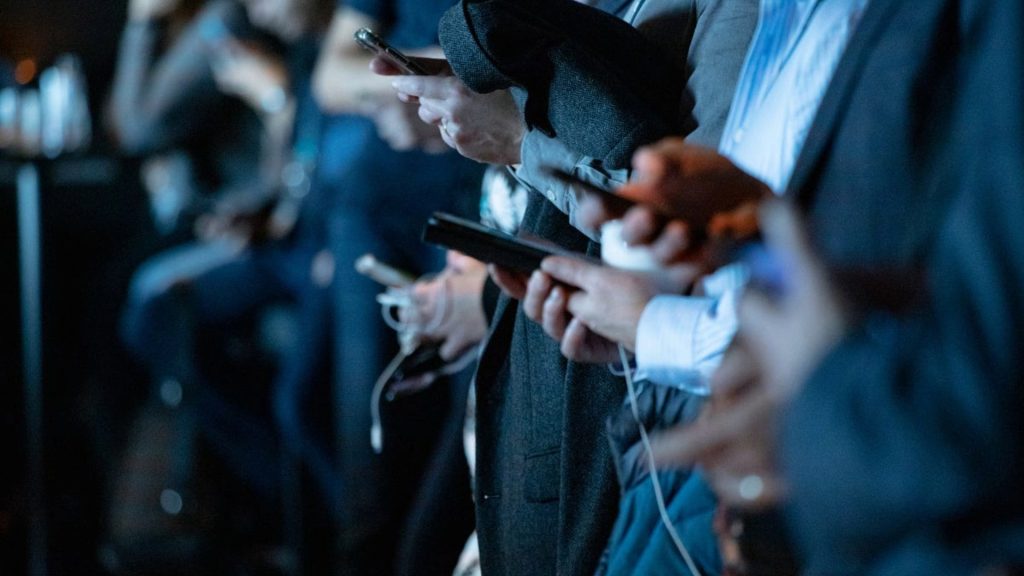
As technology has advanced, it has become increasingly difficult to disconnect from mobile devices and social media. Setting time aside each day for a “phone detox” or digital detox can help reduce feelings of distraction and improve focus and concentration.
Fast Fashion Dies Fast
While fast fashion brands remain popular, especially with younger shoppers on a budget, growing concerns about overconsumption and sustainability are prompting a shift in perspectives. Some consumers buy fewer but higher-quality garments, donate or resell used clothing, and shop for eco-friendly brands that use sustainable and ethical production practices.

Although Millennials and Boomers differ in many ways, protecting the environment and valuing longevity over disposability are their beliefs.
Old School Music Rocks
While music tastes are subjective, certain genres resonate more with specific generations. However, some musical styles transcend generational divides and are appreciated across age groups. Surprisingly, so-called “old school” music is one area where Baby Boomers and Millennials find common ground.

Boomers and Millennials appreciate music with meaning, emotion, and originality. They value artists who are talented musicians and songwriters, not just performers..
Decision Fatigue is Real
Repeatedly facing many options and the need to choose between them leads to decision fatigue, a mental exhaustion that makes further choices feel taxing. Every choice requires mental effort, no matter how small, and this effort accumulates over a day.
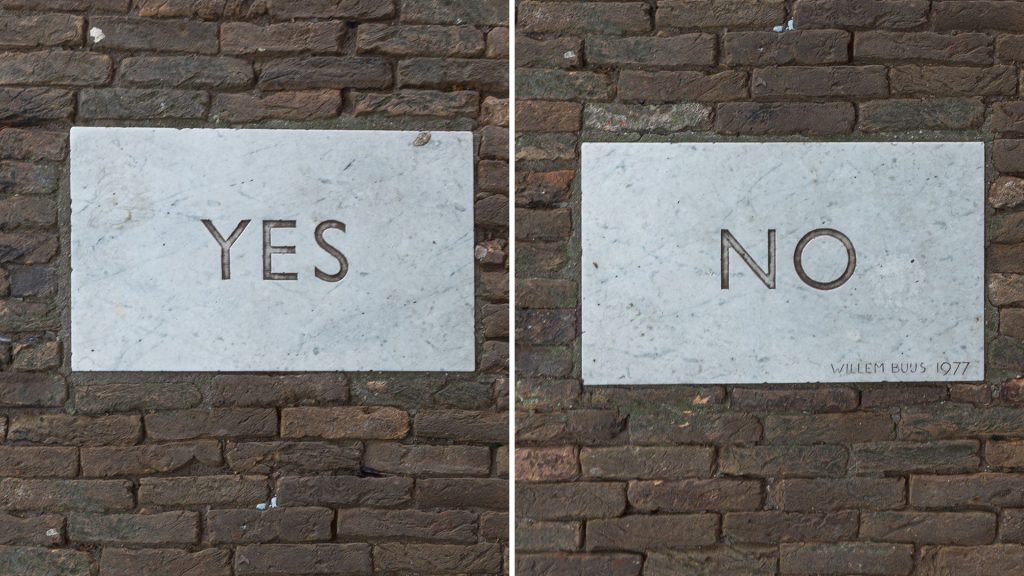
Both Boomers and Millennials experience the mental drain that comes from the constant need to evaluate options and make choices in today’s world.
Homemade is King
Homemade goods are highly valued by both Baby Boomers and Millennials. Generations apart, they find common ground in the superiority of homemade products over mass-produced and processed alternatives.

Perhaps most importantly, homemade fosters a connection – to loved ones, culture, and community. Sitting down to share a home-cooked meal with family and friends is a ritual that spans generations.
Where Are The Buttons?
There is no denying technology has, over the years, provided convenience at the tap of a button or swipe of a screen. However, some generations find that certain innovations complicate rather than simplify life. Both Baby Boomers and Millennials long for the days when technology was less pervasive.
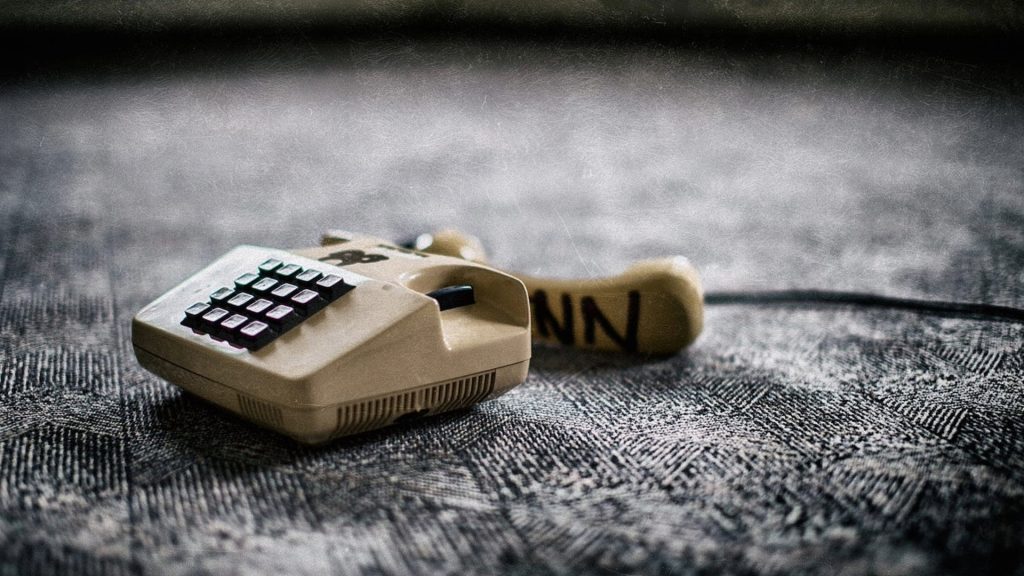
They appreciate the simplicity of a time when not every task required an app or voice command. They see value in disconnecting from technology and desire boundaries around its integration into all areas of existence.






